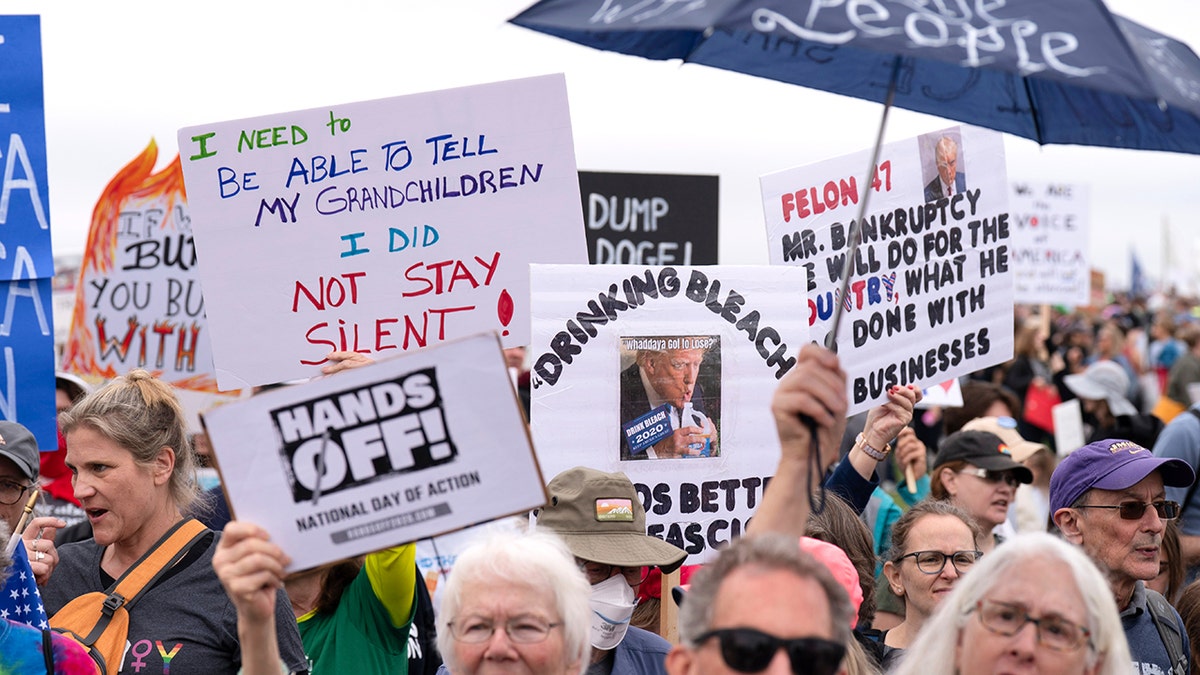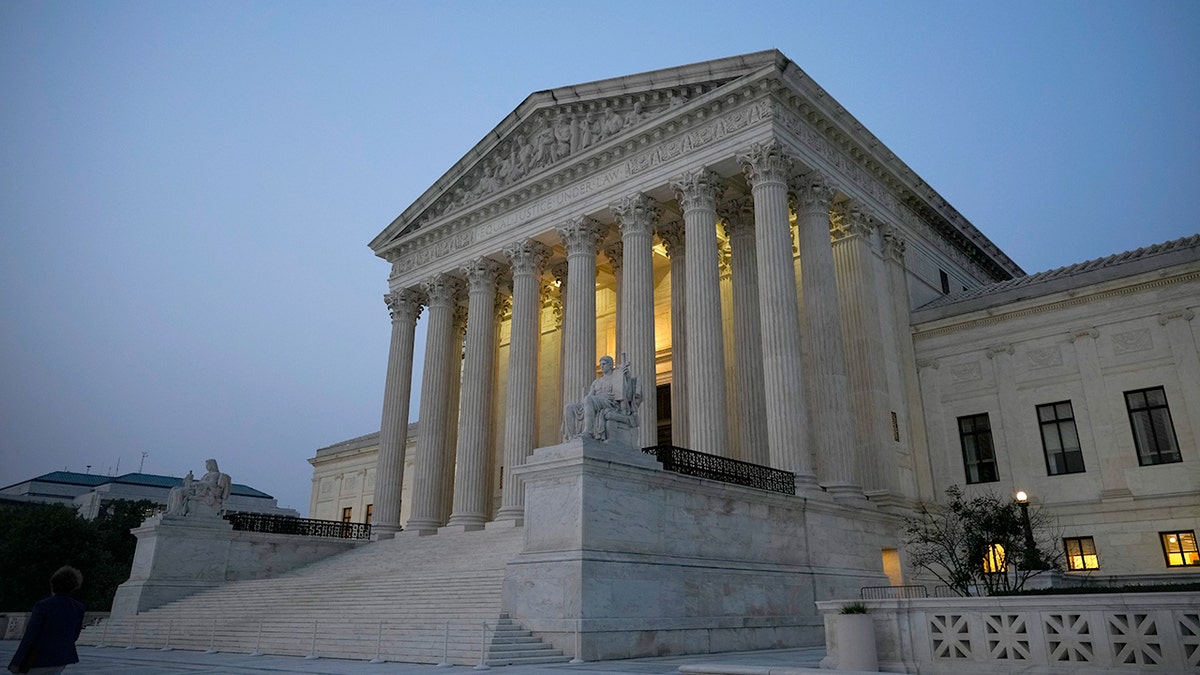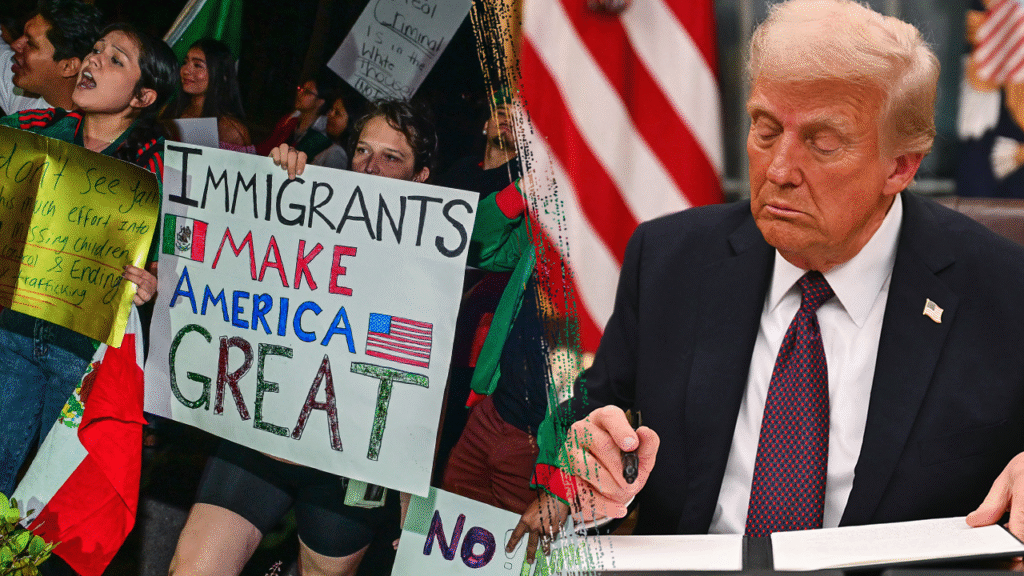The Supreme Court heard a case this month centered on President Donald Trump’s executive order seeking to end so-called birthright citizenship, in one of the most closely watched and potentially impactful cases heard by the court in recent years.
Though the case itself was used largely as a means of challenging lower court powers to issue so-called universal or nationwide injunctions, justices on the high court did inquire about the merits of the order itself, “Protecting the Meaning and Value of American Citizenship,” which Trump signed on the first day of his second White House term.
The order, which was slated to take force Feb. 20, directed all U.S. agencies to stop issuing citizenship documents to children born to illegal immigrants or children born to mothers living in the country on a temporary visa, if the father is not a permanent resident or U.S. citizen.
Despite the Supreme Court’s focus on universal injunctions in hearing the case, deep and unyielding concerns persist about Trump’s attempt to undo more than 100 years of legal precedent.
JUDGES V TRUMP: HERE ARE THE KEY COURT BATTLES HALTING THE WHITE HOUSE AGENDA
The ACLU included in its lawsuit the story of one couple from Indonesia but living in New Hampshire whom they said would be affected by the order.
“They arrived in 2023, applied for asylum, and their application awaits review,” ACLU attorneys said of the couple. “The mom-to-be is in her third trimester.
“Under this executive order, their baby would be considered an undocumented noncitizen and could be denied basic health care and nutrition, putting the newborn at grave risk at such a vulnerable stage of life,” they added.
And such problems would persist throughout their lives, lawyers for the group noted. These persons would not be able to obtain necessary identification, such as drivers’ licenses, and would not be able to vote, hold some jobs or serve on juries.
Though Trump had spoken in detail in his first term and on the campaign trail about wanting to end birthright citizenship, his executive order sent shockwaves through the nation. It was met by a wave of lawsuits from Democrat-led states and immigrants’ rights groups.
WHO IS JAMES BOASBERG, THE US JUDGE AT THE CENTER OF TRUMP’S DEPORTATION EFFORTS?

One lawsuit, brought by 18 Democratic attorneys general, warned that ending birthright citizenship would strip hundreds of thousands of U.S.-born children of their citizenship as the result of a circumstance completely outside a child’s control.
Statistics also bear this out. Roughly 150,000 children are born annually in the U.S. to parents of noncitizens. If the order were to take force as Trump envisioned, experts warned the impact would be catastrophic.
”President Trump’s attempt to unilaterally end birthright citizenship is a flagrant violation of our Constitution,” New Jersey Attorney General Matthew Platkin, who joined 17 other Democrat-led states in suing to block the order, said earlier this year.
TRUMP FACES ANOTHER DEPORTATION SETBACK WITH 4TH CIRCUIT APPEALS COURT

“For more than 150 years, our country has followed the same basic rule: Babies who are born in this country are American citizens,” Platkin added.
More than 22 U.S. states and immigrants’ rights groups sued the Trump administration to block the change to birthright citizenship prior to the Supreme Court’s decision to take up the case, arguing in court filings that the executive order is both unconstitutional and “unprecedented.”
To date, no court has sided with the Trump administration in upholding the executive order.
Read the full article here
